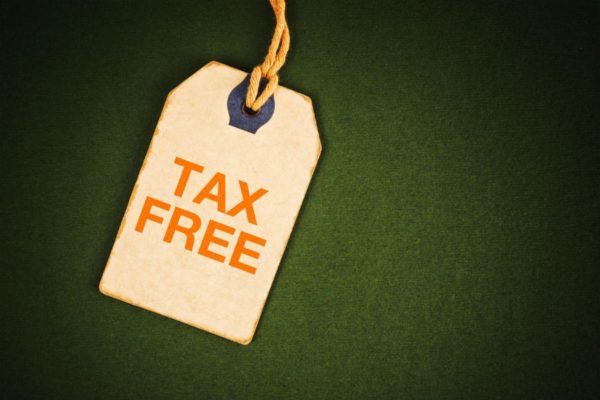I’d rather not pay sales tax on tampons. We have three middle school and high school girls, plus me, and that time of the month is hard enough. With the money we’d save, we could buy more of the chocolate we crave.
The Texas Legislature feels our pain. Recently filed bills would exempt sanitary products, including tampons and pads, from the Texas sales tax that ranges from 6.25 percent to 8.25 percent, depending on the city. In Austin, Dallas, Houston and San Antonio, shoppers pay the maximum rate.
The bills are well intentioned, but Texas lawmakers should keep the tax.
The important problem is that some women and girls just can’t afford these necessities. This is not a sales tax issue. These same women and girls probably have difficulty buying many other things too. It makes sense to help them. For instance, tampons and pads can be provided in public institutions such as schools, just as toilet paper and soap are provided. Private organizations could help with this too. I’m all for it. I’ll donate.
But a sales tax exemption misses the point because a good sales tax needs a broad base. If the tax base excludes certain kinds of consumption, it creates a need to raise revenue in some other way, favors certain purchases over others, and increases the costs of administration. Right now, Texas has a good sales tax base. Notably, it taxes services, such as gardening and housekeeping, which many other states don’t have the gumption to include.
A sales tax with a broad base is like a fortress with well-understood vulnerabilities. For certain kinds of goods or services, people make the predictable argument that the good or service isn’t really “consumption.” Health care spending is one of these areas of predictable controversy. For instance, Texas exempts purchases of over-the-counter items from sales tax if the Food and Drug Administration requires a “Drug Facts” label.
The argument in support of exempting medical items from sales tax is not only that an individual “has to” take a medicine, but also that the medicine is necessary to prevent an illness or return a person to health. If we start giving sales tax exemptions for hygiene products healthy people use, we open Pandora’s box.
Here are some things that one needs to consume in order to live a healthy and hygienic life: clothes, soap, toothpaste, tampons, hairbrush. In some cases, diapers.
Tampons are used by healthy women and girls. They are not a symptom of sickness. Using tampons, just like using soap, is the consumption of hygiene products by healthy people. Both should be subject to sales tax.
Some items that Texas currently exempts from sales tax probably should also be taxed. For example, people don’t use antiperspirant because they are sick. This proves that the law uses an imperfect proxy, which is the presence of an FDA-required “Drug Facts” label, to indicate that a product cures or prevents an illness. But the imperfection of the existing law, presumably prompted by administrative concerns, does not justify additional exemptions.
If Texas exempts tampons from tax, three unfortunate results will follow. First, the sales tax rate on other goods and services must be increased to make up the difference, or revenue must be found somewhere else.
Second, some exemptions open the door for more exemptions. First tampons, then baby diapers, then toilet paper, and then toothpaste. Soon the sales tax in Texas could be covered with exemptions that lose revenue left and right.
Third, additional exemptions would mean that Texas tax administrators have to spend time deciding what specific items fall within the exemption. Do expensive period panties count? Does it matter whether they work?
As for the argument that only women have to buy tampons, so that taxing tampons is discriminatory, I say: Hogwash. All kinds of people have special consumption needs. We shouldn’t give a sales tax break for babies’ diapers, or for men’s razors, or for the extra lotion purchased by a person with dry skin, either.
I agree that all people should have access to necessary hygiene products. But tweaking the tax code is not the right solution, and tax bureaucrats are not the right people for the job.
Susan Morse is a professor of law at The University of Texas at Austin.
A version of this op-ed appeared in the Houston Chronicle and Dallas Morning News.
To view more op-eds from Texas Perspectives, click here.
Like us on Facebook.




